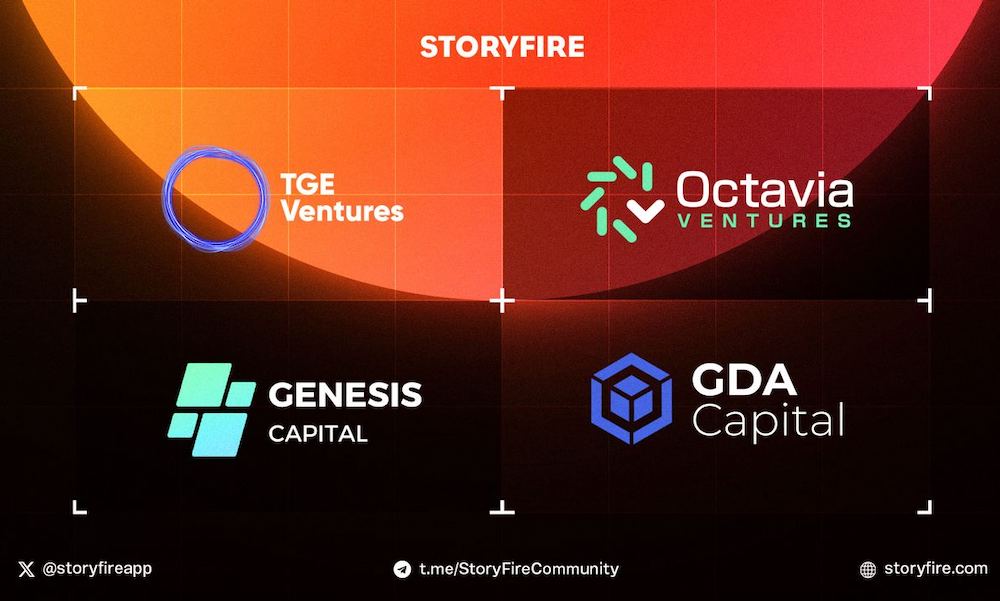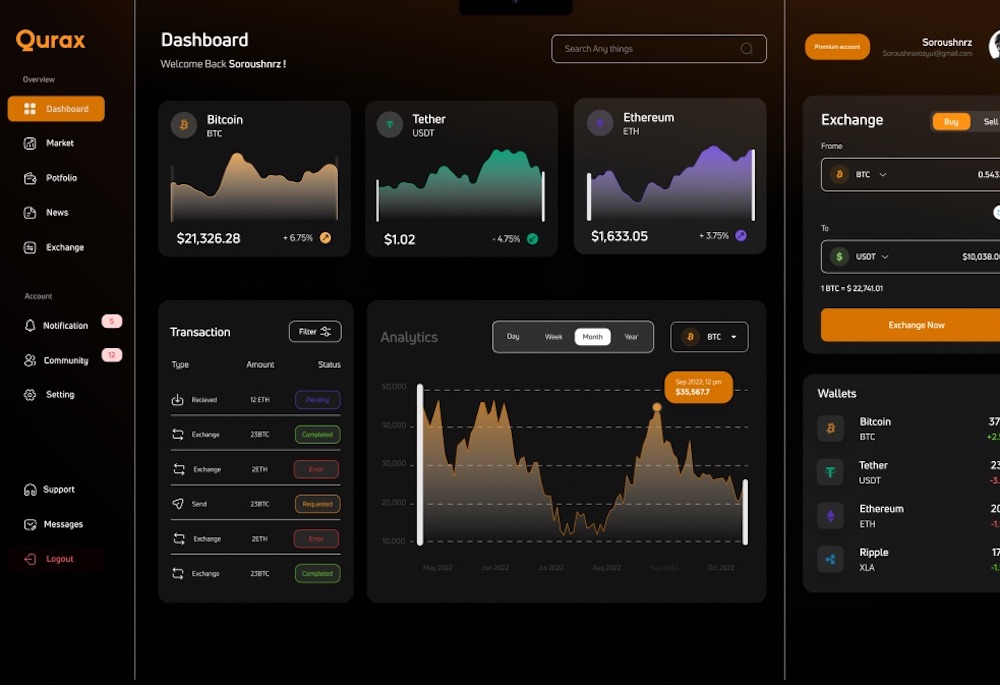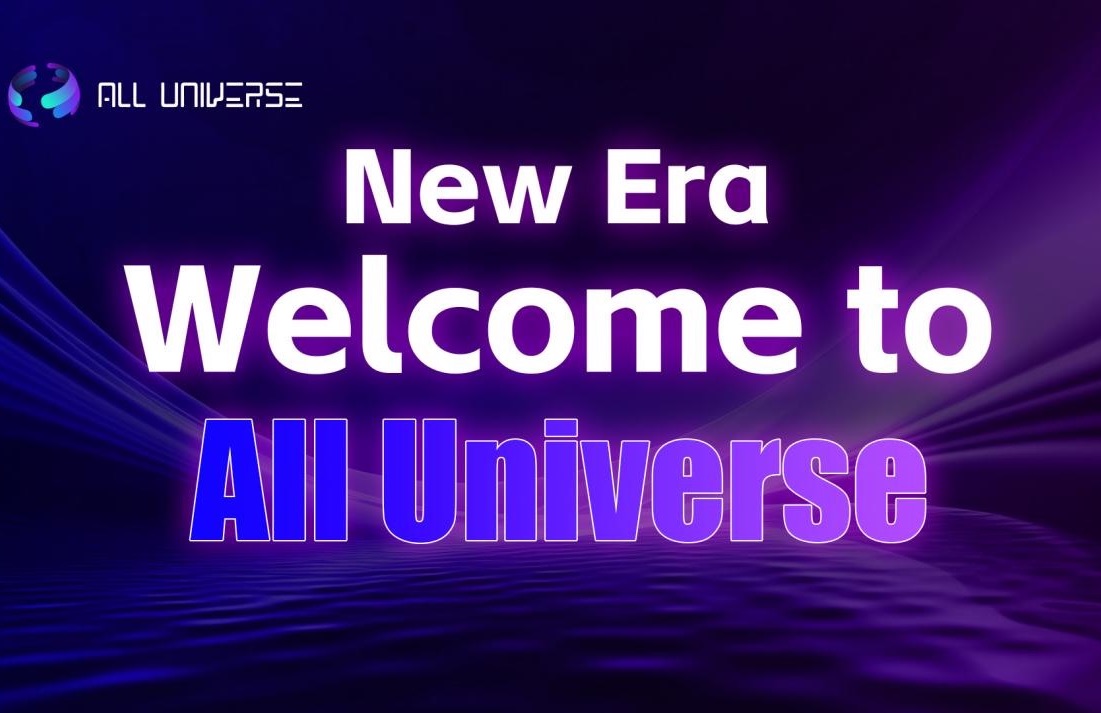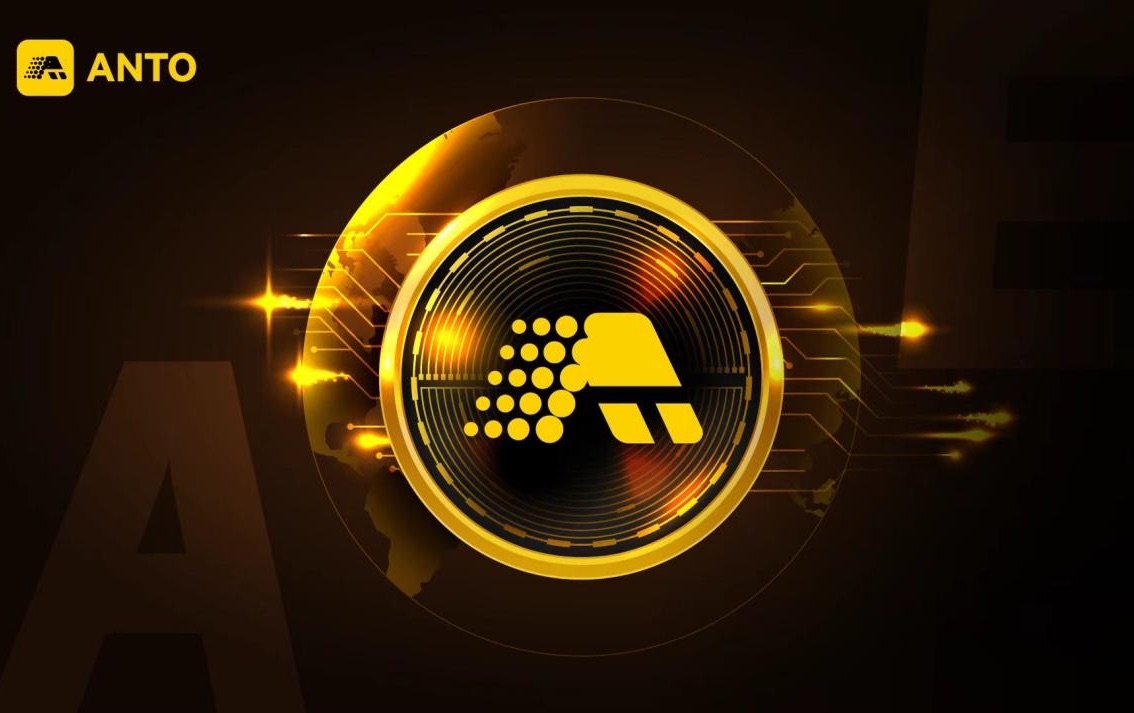The Ministry of Justice of Azerbaijan is preparing to use blockchain technologies and SMART contracts in the housing and utilities sector, the Chairman of the Azerbaijani Internet Forum (AMF) Osman Gunduz told Trend Oct. 30.
Gunduz noted that a meeting was organized Oct. 30, where information was provided about systems and electronic services provided by various structural units of the ministry.
“The agency currently provides over 30 electronic services, and also there are about 15 information systems and registries. The registers of “electronic notary”, “electronic courts”, penitentiary service, the information systems of non-governmental organizations, the register of population, etc. can be mentioned. The planned project entitled as “Mobile notary office”, which provides for the accumulation of all notarial documents in one case, has seemed interesting,” Gunduz said.
The chairman of the AMF noted that the ministry’s plans include, among other things, the implementation of a project related to notarization of an electronic document.
“Especially the fact that the ministry is interested in the introduction of the blockchain technology attracted attention. It was announced that in the future, the SMART contracts will be introduced in the field of public utilities (water, gas and electricity supply). That is, this refers to the switch-over of existing contracts of citizens for utility services to SMART-contracts, which will ensure transparency and will allow to suppress the cases of falsification in this area. The citizens themselves will be able to independently control all these processes,” Gunduz said.
In world practice, the chairman of the AMF said, the blockchain technologies is successfully used wherever a registry is formed.
Most of the services of the Ministry of Justice (registries and databases of the population) are based just on such technologies, the chairman added. Gunduz noted that there are industries where the use of blockchain technology is particularly important.
“This refers to “electronic courts”. So far, the work in this direction is very weak. Taking into consideration that the project itself has been implemented for almost five years, nevertheless the e-government is used in just a few judicial instances yet. According to my estimates, even more support is needed here. As for notarial institutions, a certain progress is observed here. For example, the extracts from the register related to real estate have already been integrated into the online environment,” Gunduz said.




















